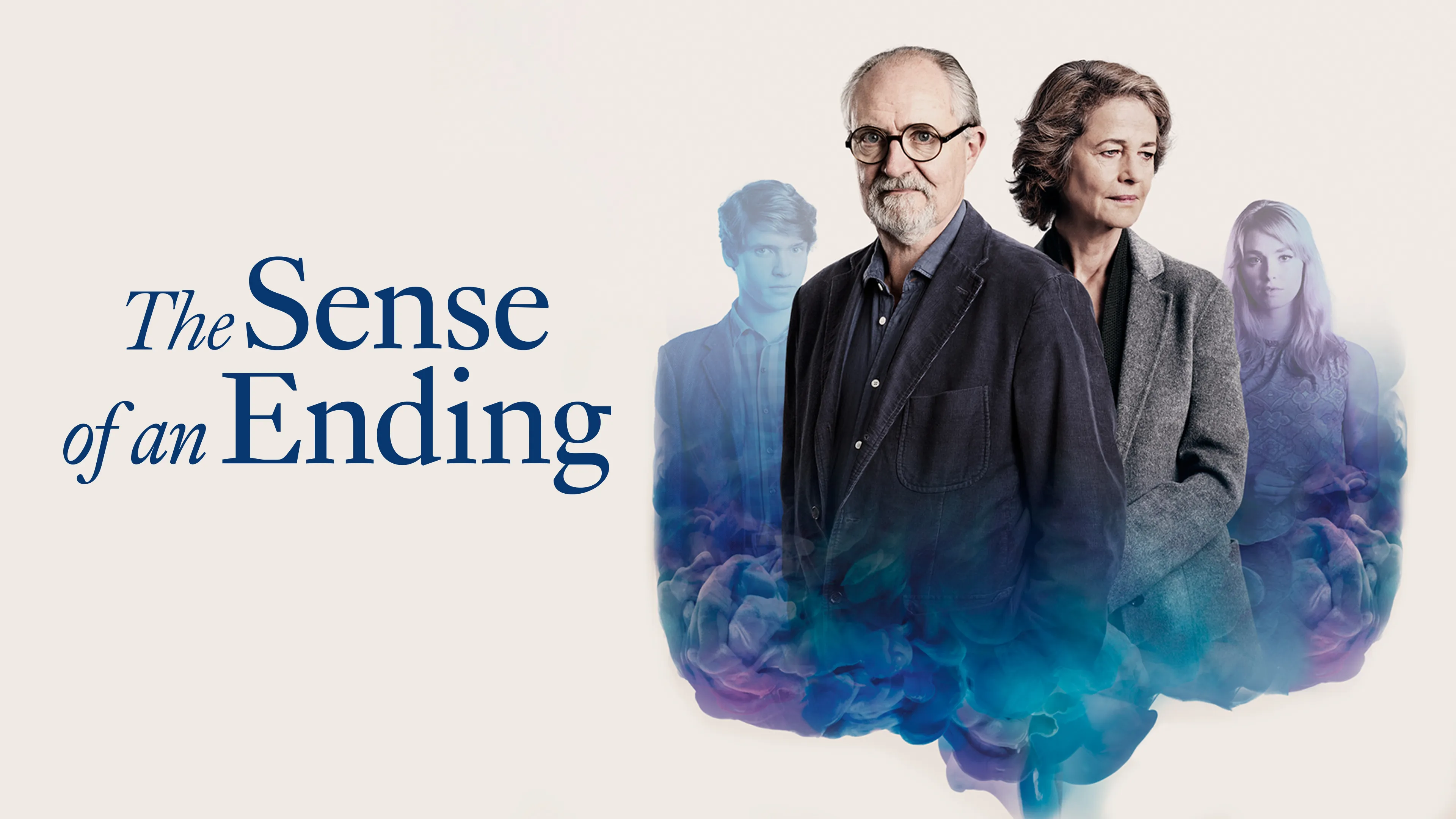The Human Stain (2003): Secrets, Shame, and the Cost of Identity
The Human Stain (2003), directed by Robert Benton and based on Philip Roth’s acclaimed novel, is a somber, thought-provoking drama that delves into the complexities of race, identity, and the burdens of secrecy. Set against the backdrop of late-1990s America, the film explores how the past never truly stays buried — especially when it’s built on a lie.
The story centers on Coleman Silk, a respected classics professor whose life unravels after a seemingly innocent comment is branded as racist. As scandal erupts and forces his resignation, Silk’s carefully constructed life begins to collapse, revealing a truth he’s hidden for decades: he is a light-skinned African American who has lived his adult life passing as a white Jewish man.
Anthony Hopkins delivers a restrained but powerful performance as Silk — a man both proud and haunted, whose choices were shaped by a society unwilling to accept him for who he was. Nicole Kidman plays Faunia Farley, a damaged, working-class woman carrying her own traumas. Their unexpected relationship forms the emotional core of the film, challenging assumptions and exposing the raw wounds of judgment and loss.
Ed Harris and Gary Sinise round out the strong supporting cast, adding depth to a story that is as much about perception as it is about truth. While the pacing is deliberate and the tone often melancholic, The Human Stain asks bold questions: How far will someone go to rewrite their identity? What does it cost to erase your roots? And can love exist in the space between guilt and redemption?
This is not a film of easy answers or sweeping resolutions. Instead, The Human Stain offers a quiet, introspective journey into the fractured selves we hide, and the courage it takes to confront what we’ve left behind.


